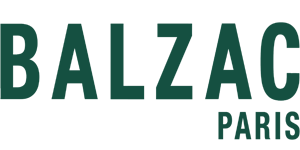
A landmark collaboration driven by progress and transparency
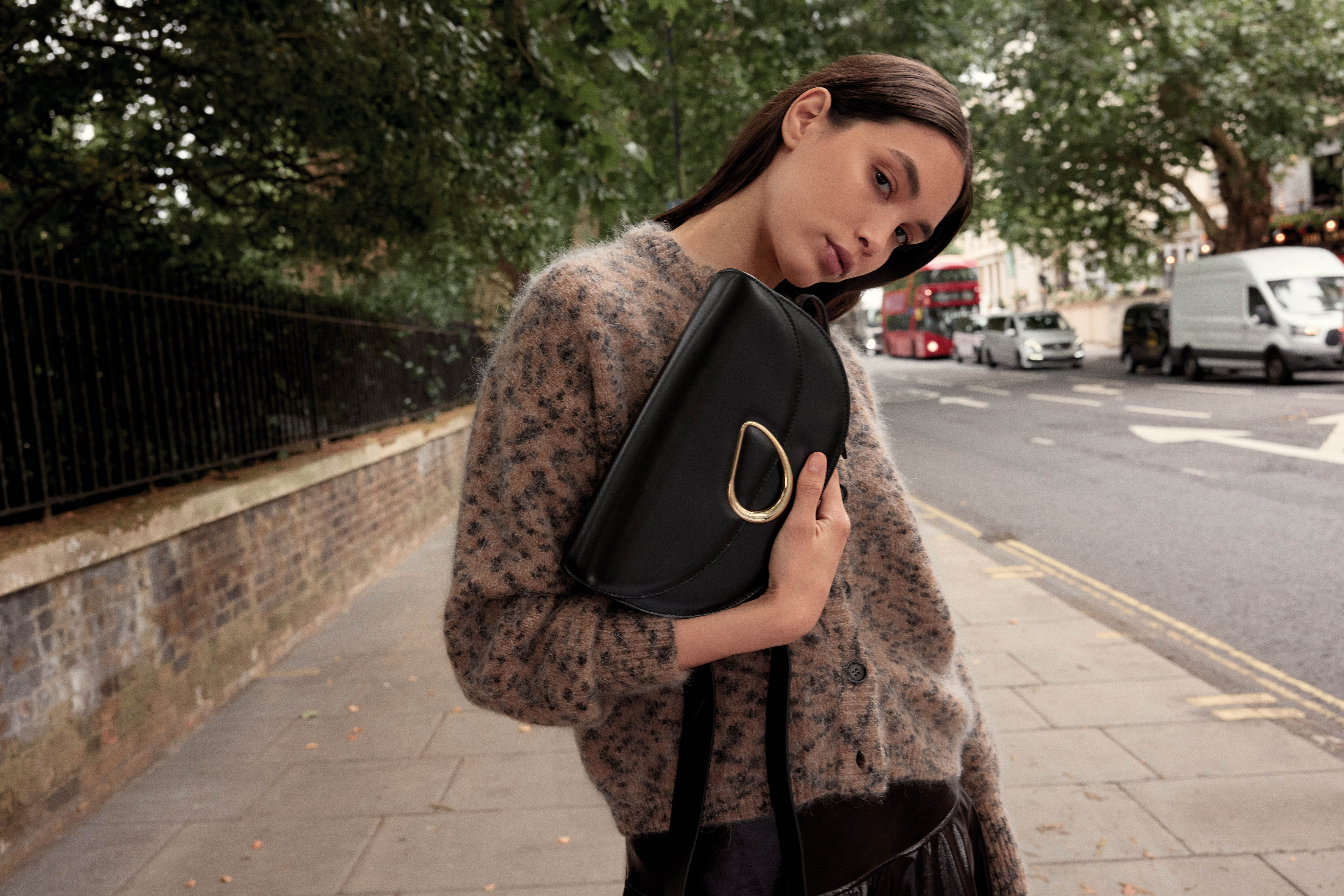
85%
of ready-to-wear manufactured within the European Union
70%
of suppliers based in Europe (Portugal, Italy, France, Spain…)
130
valid certifications collected from suppliers identified by Fairly Made
"Fairly Made is a pioneer in traceability, and at Balzac Paris, we want to partner with those who share our values and aspirations."
Challenges
Making transparency a cornerstone of desirable and sustainable fashion.
Since 2014, Balzac Paris has been on a mission to create a desirable, responsible, and respectful fashion. Recognized as a société à mission in 2022 and B Corp certified in 2024, the brand continues to build its T.P.R (Always More Responsible) approach around three pillars: transmission, ethics, and the environment.
In this context, measuring, tracing, and highlighting every stage of production became a top priority. To meet its ambitious goals, achieving 100% traceability for ready-to-wear by 2026 and ensuring transparent communication with its customers, Balzac Paris turned to Fairly Made®.
Brand objectives:
- Structure the supplier base and trace 100% of ready-to-wear by 2026
- Improve knowledge of production chains and measure environmental impacts
- Strengthen customer trust through product-level transparency
- Consolidate the T.P.R. framework around social and environmental responsibility
Solution
1. Enhanced traceability through technology
Fairly Made supports Balzac Paris in the full mapping of its supply chains. Between 2021 and 2025, the number of identified suppliers increased by 3.8 times, from 150 to 564. Moreover, nearly 99% of products are now equipped with QR codes, allowing customers to easily access the full story behind each piece.
- 85% of ready-to-wear manufactured within the European Union
- 70% of suppliers based in Europe (Portugal, Italy, France, Spain…)
- 50% of production stages carried out in Europe (IT, PT, FR, TR, ES)
2. Precise impact measurement to drive CSR strategy
Through Life Cycle Assessments (LCA) and data collected via Fairly Made, Balzac Paris can identify key levers to reduce environmental impact and guide its material and process choices. These insights also allow the brand to anticipate upcoming regulations, including the French environmental cost scheme and the EU’s PEF methodology.
- 130 valid certifications collected from suppliers identified by Fairly Made
- 98% of cotton used in ready-to-wear is organic, regenerative, or recycled
- 110 GOTS-certified product references across 4 collections in 2024
3. A transparent experience accessible to all
Fairly Made has enabled Balzac Paris to integrate traceability directly into its customer experience, both online and in-store. Each QR code or widget allows consumers to view the origin of materials, production steps, and associated impacts. This educational and differentiating tool strengthens both trust and loyalty.
- 98.7% of products equipped with QR codes ensuring total transparency
“Transparency is not a constraint, it’s a performance and loyalty driver. The more our customers understand the value behind our products, the more they embrace our vision of desirable and responsible fashion.”
— Chrysoline de Gastines, Co-founder of Balzac Paris
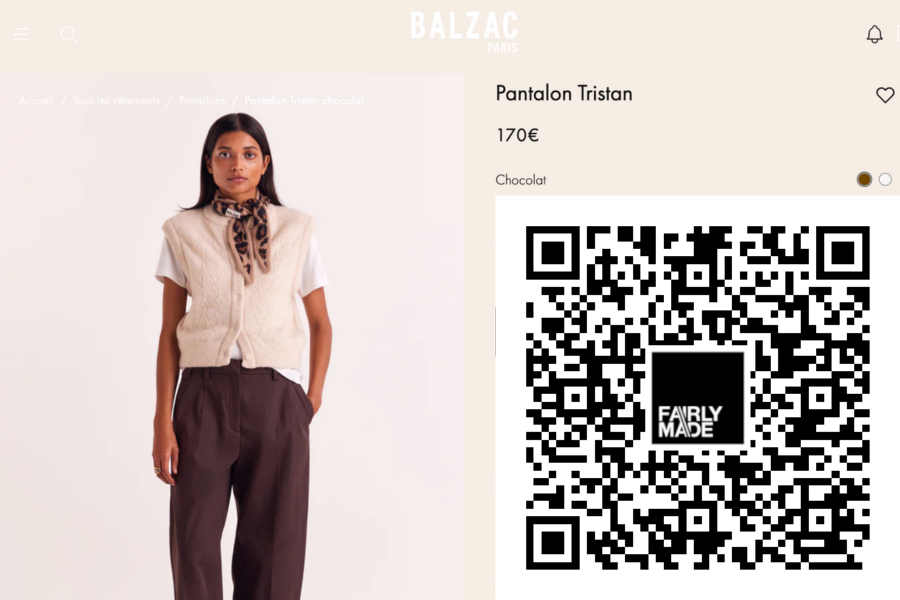
Benefits
A structuring partnership serving a fairer fashion industry
Balzac Paris and Fairly Made share a core belief: transparency is a lever for transformation in fashion. This long-term partnership has given Balzac Paris a complete, documented view of its value chain, from raw material to finished product. Today, each QR code embodies this commitment to clarity and celebrates the craftsmanship behind every garment, acting as both a symbol of trust and a loyalty-building tool.
Impact measurement as a strategic management tool
This data-driven approach allows Balzac Paris to better understand the true footprint of its collections, anticipate regulatory changes, and quickly adjust production to effectively reduce its overall impact.
With data collected through its partnership with Fairly Made, the brand is already preparing for the upcoming environmental labeling system in 2026, based on France’s LCA methodology.
This partnership stands out for its dual value: providing long-term structural support for continuous improvement, while enabling Balzac Paris to respond swiftly and confidently to new regulations and growing consumer expectations.
A strengthened framework for vigilance and continuous improvement
Beyond the numbers, this collaboration enables risk mapping across the entire supplier base. Thanks to Fairly Made’s monitoring tool, Balzac Paris identifies sensitive areas (forced labor, deforestation, etc.) to better manage its supplier network and build partnerships aligned with its values. This proactive approach enhances the reliability and resilience of its entire value chain.
Conclusion
A shared vision: making sustainability the new desirability
More than a technical partnership, this is a meeting of minds and values, two players driven by the same ambition: to reinvent fashion by making it fairer and more beautiful. Together, Balzac Paris and Fairly Made are building a collaboration model based on trust, rigor, and responsibility, a blueprint for positive transformation across the industry.
In parallel, Balzac Paris will conduct its first carbon footprint assessment in 2026, based on 2025 data, a key step in meeting new B Corp standards and strengthening its path toward continuous improvement.
success stories

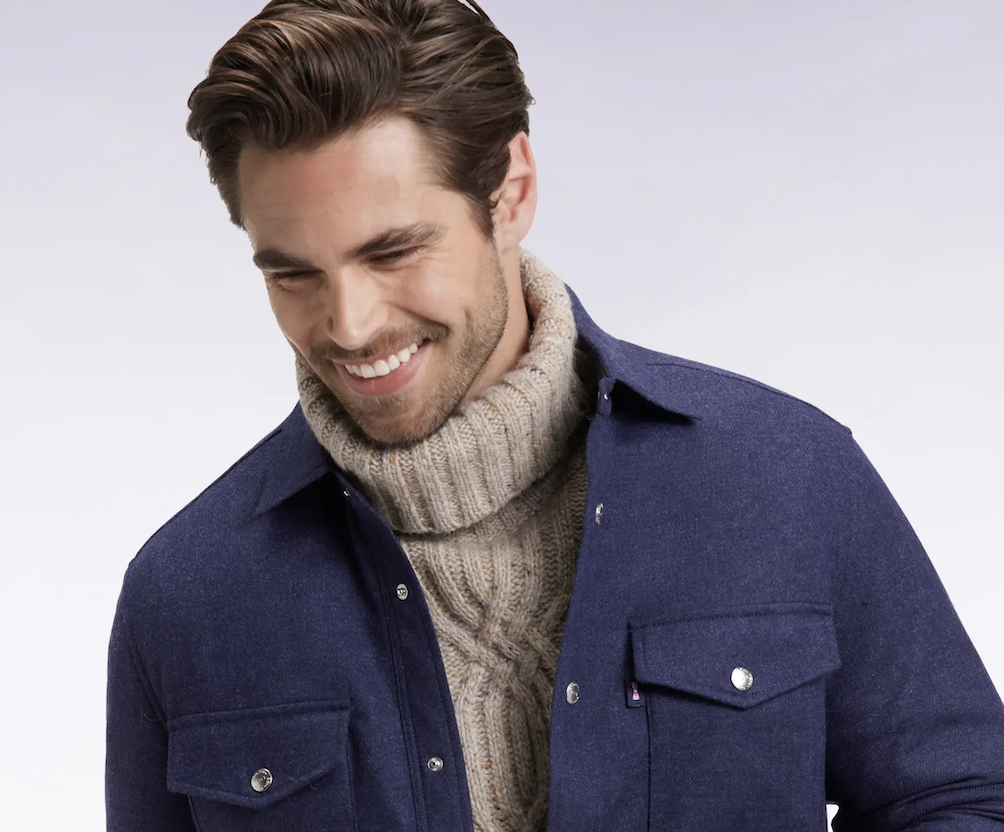
.png)

%20(1).png)

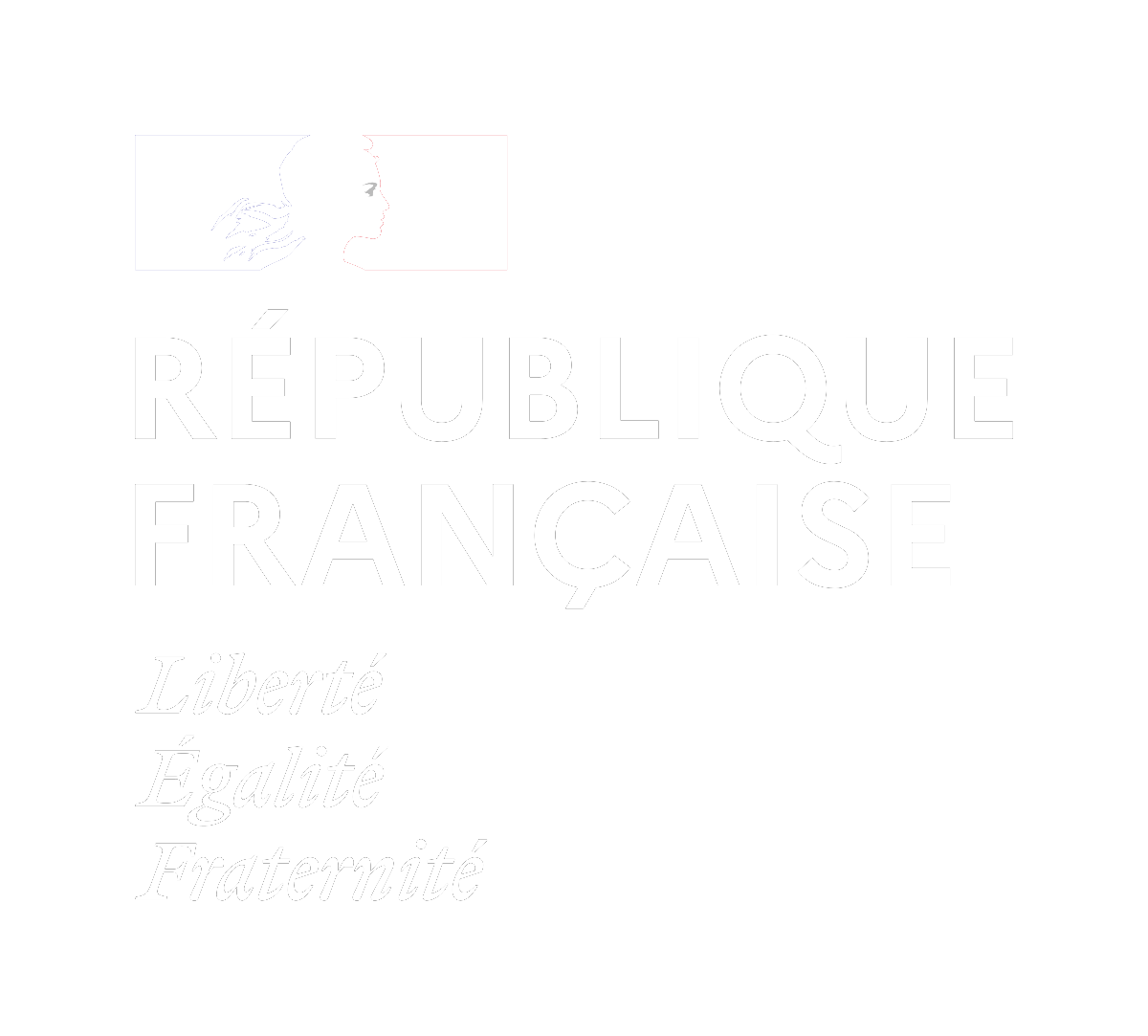
.png)
.svg)